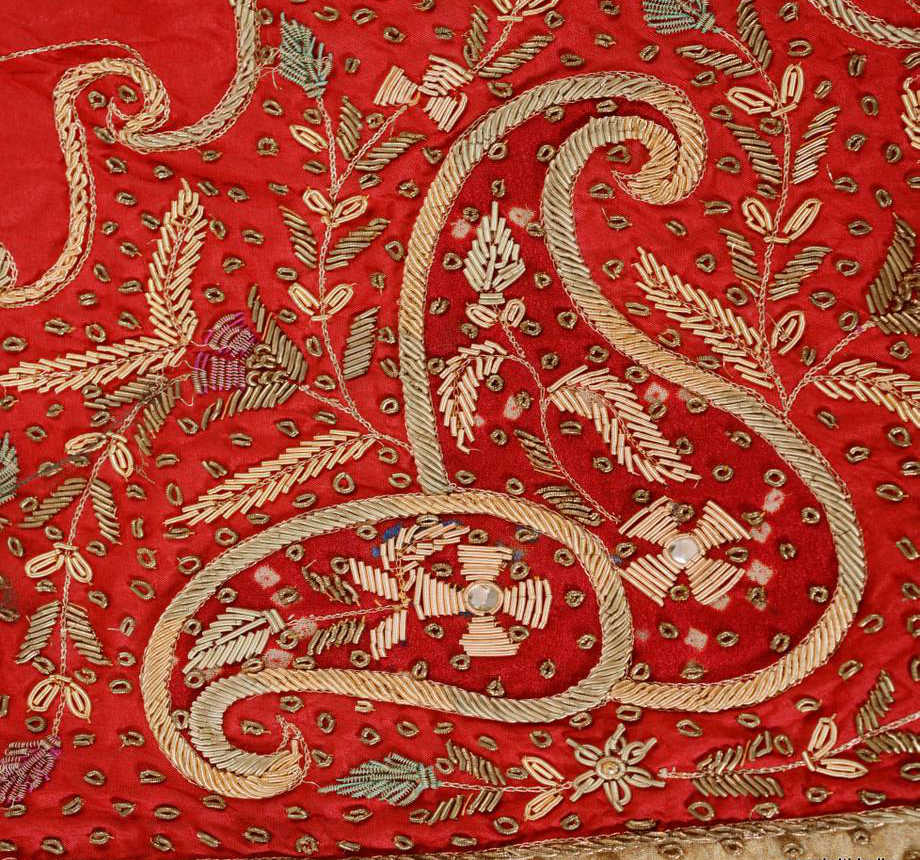===
0910,
1
===

=== |
 |
māʾil : 'Inclining ... , leaning; inclined; ... fond (of), taking delight (in), addicted (to)'. (Platts p.988)
ārsī : 'Mirror, looking-glass; a small mirror worn, in place of a stone, in a thumb-ring by Indian women, also the ring with the mirror'. (Platts p.40)
FWP:
SETS == EXCLAMATION
MOTIFS == [BELOVED BECOMES A LOVER]
NAMES
TERMS == GHAZAL; VERSE-SETI have nothing special to add.